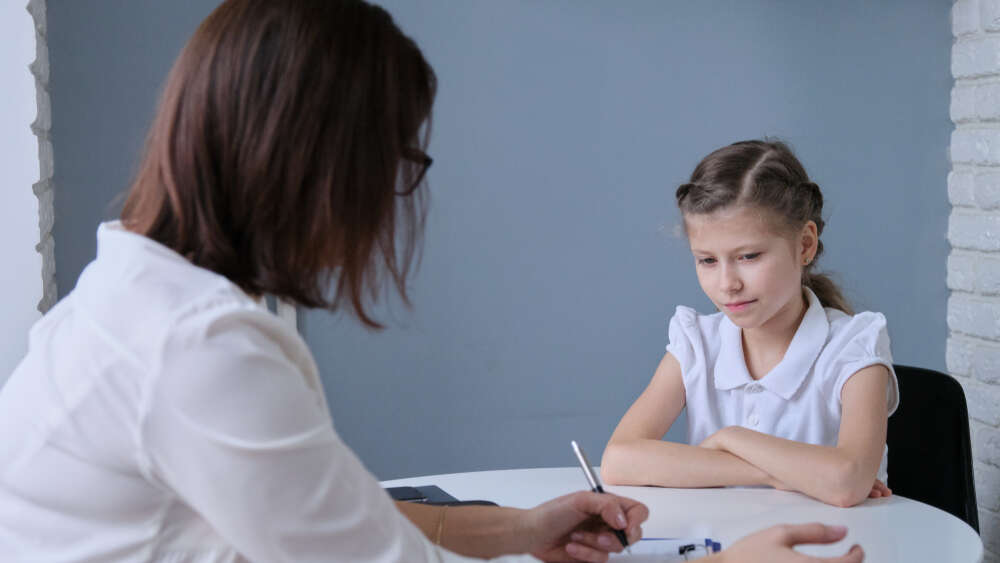Introduction
One of the most important relationships in a child’s educational journey is that between parents and teachers. This strong partnership is essential to supporting both academic achievement and overall development. This blog will discuss the significant effects of parent-teacher partnerships, their advantages, and practical ways to fortify this cooperation in order to improve the education of our kids.
The Power of Collaboration
A solid partnership between parents and teachers is the foundation of any flourishing educational ecosystem. This partnership goes beyond the customary parent-teacher conferences; it entails forging a mutual dedication to the child’s educational path. Collaboration between educators and parents builds a strong support network that has a big impact on a child’s general wellbeing and academic performance.
Building a Foundation for Success:
- Open Communication: A successful partnership is built on open and consistent communication. Establishing clear channels for exchanging information, worries, and accomplishments is a good idea for parents and educators. An atmosphere where everyone is informed and involved is created by encouraging an open dialogue, whether through frequent emails, newsletters, or special communication platforms.
- Establishing Common Objectives: By establishing shared educational objectives, parents and educators can be sure they are working toward the same vision for the child’s success. During this cooperative goal-setting process, you may talk about the child’s social development, academic achievements, and any particular difficulties they may be having.
- Parent Participation in School Activities: Parents are welcome to take part in volunteer opportunities, parent-teacher conferences, and school events. This shows a shared dedication to the child’s education in addition to offering insightful information about the child’s school experience. Participating in school activities strengthens the notion that education is a team effort and creates a sense of community.
- Encouraging Home-Based Learning: Parents are essential in creating an environment that is conducive to learning outside of the classroom. Reiterating classroom lessons can be done simply but effectively by creating a comfortable study space at home, helping with homework, and fostering a love of reading. The academic development of children is greatly aided by parents who coordinate their child’s learning experiences at home and at school.

Benefits of a Strong Parent-Teacher Partnership:
- Improved Academic Outcomes: Parental and teacher collaboration can result in better academic outcomes. A child who receives consistent guidance from both parties in their support strategies is more likely to excel because they are motivated to learn and their importance is reinforced.
- Positive Behavior and Social Development: A child’s behavior and social skills are greatly influenced by the interactions between their home and school environments. Together, parents and educators can foster positive behavior, social integration, and emotional health, all of which are necessary for a child’s development to be balanced.
- Early Challenge Intervention: In the event that a child has behavioral or academic difficulties, a solid partnership enables early detection and intervention. By keeping lines of communication open, parents and educators can work together to address problems, put customized solutions into place, and make sure the child gets the help they need to get over challenges.
- Fostering a Love for Learning: A child is more likely to acquire a positive attitude toward education when parents and teachers work together to make learning fun. A caring collaboration fosters a lifelong curiosity and intellectual development by igniting a love of learning outside of the classroom.
Challenges and Solutions
A strong parent-teacher partnership has many advantages, but there are drawbacks as well. Effective collaboration can occasionally be hampered by differences in communication styles, competing expectations, or time constraints. In order to tackle these obstacles, it is imperative that:
- Encourage Active Listening: Parents and educators should place a high priority on actively listening to one another, appreciating one another’s viewpoints, and appreciating the distinct insights that each person brings to the table.
- Create Unambiguous Channels of Communication: Establish precise communication channels to guarantee that crucial information reaches all parties involved. Maintain everyone’s knowledge and interest by using technology, newsletters, and frequent meetings.
- Promote Adaptability: Recognize that every child is different and that it’s important to be flexible when modifying parenting and teaching methods. In order to meet the child’s changing needs, a collaborative approach calls for being receptive to new ideas and adapting techniques.

Conclusion
The foundation of academic success is the mutually beneficial partnership between educators and parents. When these two pillars work together well, they foster an atmosphere where kids grow into well-rounded people in addition to academic success. Parental and teacher involvement in the educational process, goal-setting, and open communication all play a major role in the holistic development of the next generation. Beyond the walls of the classroom, this partnership fosters academic success and establishes the foundation for lifelong learning.
